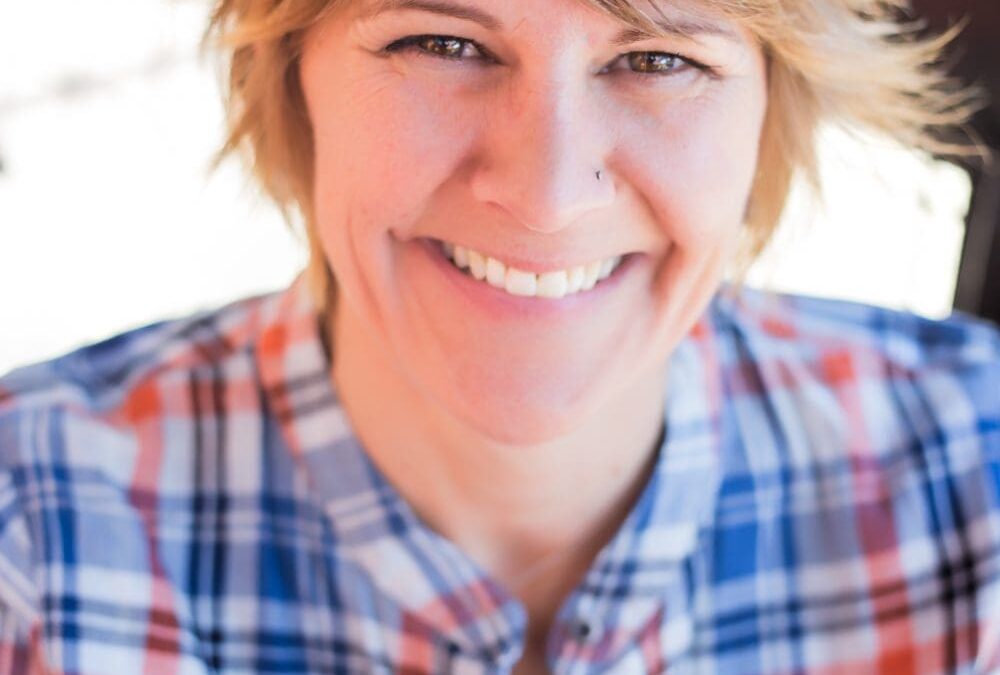I have always been a compassionate person. I care deeply about the success and happiness of my clients, my family, my friends and my community.
The interesting thing is that while I easily offer compassion to others, extending that same level of compassion to myself is not so easy.
I’m not the only one. We are often our own harshest critics. When we see a friend going through a difficult period, we don’t expect them to get over it. Yet, with ourselves, we often believe that is exactly what we need to do.
I find it fascinating that while we know on an intellectual level that beating ourselves up does not instigate change – just as we know berating a child learning to walk does not inspire the child to walk – we still engage in self-criticism. We still somehow believe we have to ‘whip’ ourselves into shape though we would never do the same to our children or friends.
The question, “What is wrong with you?” while often turned on ourselves would not so easily be turned on a friend. Instead, we would explore what they could have done differently, where they might need help, and what they learned from their mistake, misstep, or failure.
So how do you start to change this? Awareness is the first step, as always. Second, pausing to ask yourself, “If I were talking to a friend who had this same problem, what would I ask them? How would I support them?” Then turn that onto you. Talking to yourself in third person also helps as it depersonalizes it, allowing you to see the situation and yourself more objectively. This is why it is often easier to help someone with a problem than to help yourself with the same problem – you are less emotionally attached to their problem.
To read more about the science behind this, click here.
Note: Self-compassion does not lead to self-indulgence. You might think, I just won’t do anything then. Well, the opposite is true. Self-criticism actually leaves you less, not more, motivated to change. Self-compassion is about connecting to what is in your highest interest – be that physical, mental, intellectual, spiritual, or financial health. Read more about this research here.
Now it’s your turn to put it into action. Are you wrestling with a difficult decision, working through a loss, disappointment or failure, or facing an upcoming challenge? Step back and take an objective view. Ask yourself what you would do if it were your friend facing this dilemma. How would you talk to them? Now, replace your name with your friend’s name. “Sue, I’m sorry to hear that you are going through a rough patch. What would be helpful for you right now? What kind of support do you want or need? Let’s take a look at this more objectively. What can you do differently? What would be your ideal outcome?” (You get the idea.)
I believe that radical self-acceptance and self-compassion are what lead to the biggest changes in our lives because in that place we fully acknowledge who we are, what we’re about, and what’s important to us – and that is the perfect place from which to make decisions that result in lasting change.
What will you do today to extend yourself some grace?
I’d love to hear! Reply with your act of self-compassion – and you can even use the third person to practice that as well. (Because as you know, it takes practice to institute a new habit or way of thinking.)
Can’t wait to hear about it and how this practice starts to shift things for you.
In gratitude,
Kori

